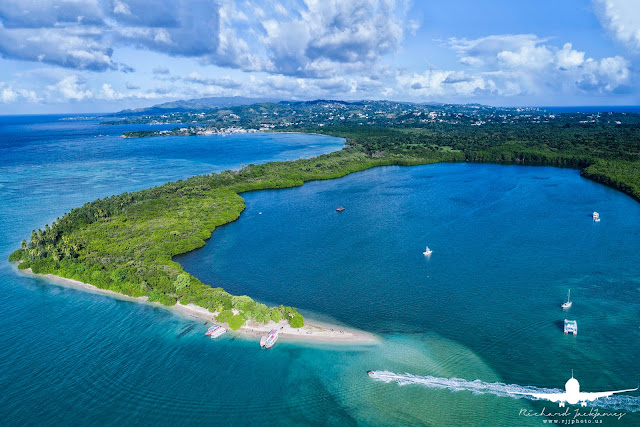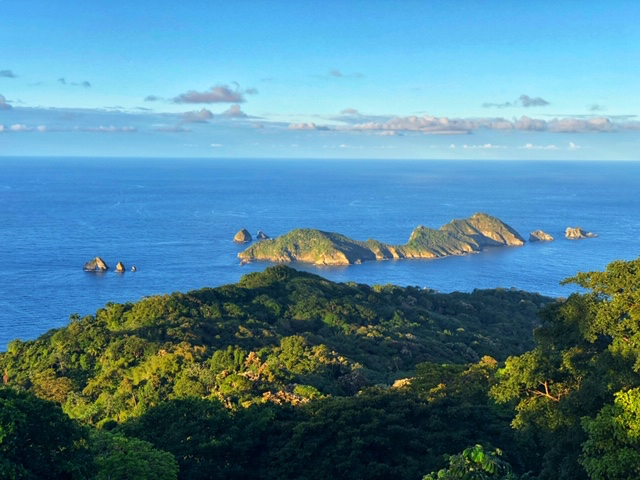Anticipating Sargassum Season

It’s not too early to begin preparing for summer sargassum. Dr Anjani Ganase reviews the latest Sargassum White Paper generated by the United Nations Environmental Programme. The big picture requires trans-Atlantic cooperation - West Africa and Brazil to fully understand the annual sargassum influx . Since 2011 and persisting to today, sargassum has been washing up on beaches and coasts of the Caribbean and South and Central America as regular summer events. The highest amounts to date were 27 million tonnes (estimated) of sargassum washed up in 2018; with 20 million tonnes in 2019. Amazon and Sahara While the two species of sargassum ( S. natans and S. fluitans ) that wash up on our shores naturally occur and grow in oceanic gyres (in the mid-Atlantic), the excessive amount of algal blooms transported is new. Scientists are now certain that these blooms are the result of increased nutrient outflow from the Amazonian basin, mixed...




